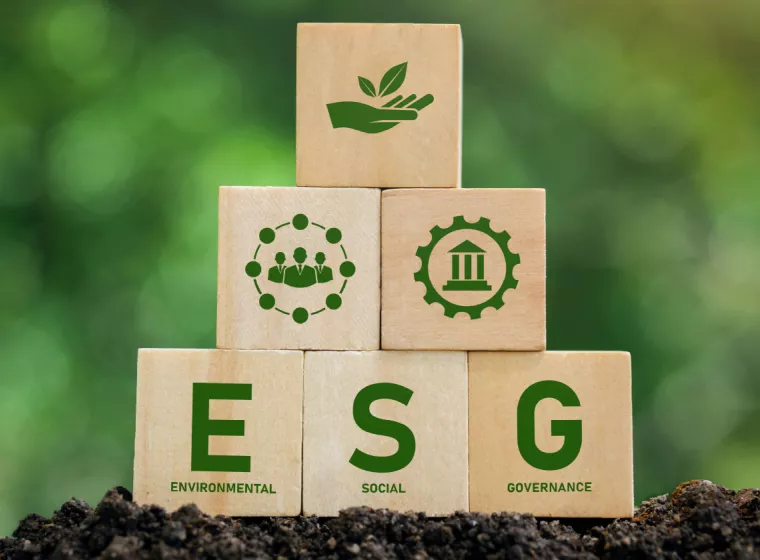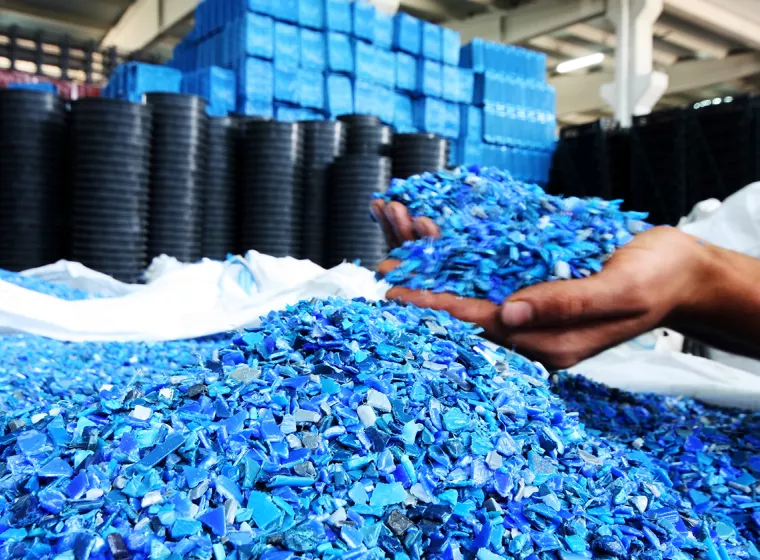November 6, 2024
New legislation requires textile producers to create a plan for collecting, repairing, sorting, and recycling their products
In September, California Governor Gavin Newsom signed SB 707, the Responsible Textile Recovery Act of 2024, establishing a statewide extended producer responsibility (EPR) program for textiles. Under the new legislation, producers (i.e., manufacturers, brand owners, and distributors) of apparel and textile articles sold in California are required to form and join a producer responsibility organization (PRO) and create a plan for collecting, repairing, sorting, and recycling these products.
As the first EPR textile program in the nation, SB 707 aims to minimize the generation of waste, greenhouse gases, and environmental and public health impacts and to promote upcycling and recycling. Although this legislation is new for the U.S. textiles industry, EPR laws have already been enacted for other industries, such as plastic packaging, electronics, and pharmaceuticals, as well as for textiles in other countries, like the Netherlands.
Key provisions
Under the new law, producers of apparel and textile articles must join a PRO approved by the Department of Resources Recycling and Recovery (CalRecycle). To be considered for approval, the PRO is required to submit an application to CalRecycle that must include provisions for free and convenient collection, sorting, repair, and recycling of covered products, as well as education and outreach to consumers.
Other critical provisions of the bill include:
- Allowing CalRecycle to establish performance standards and impose administrative civil penalties up to $10,000 per day for violations, or up to $50,000 per day for intentional or knowing violations
- Creating the Textile Stewardship Recovery Fund and Textile Stewardship Recovery Penalty Account to help support the program and enforcement activities, as well as to support activities related to the collection and recycling of covered products
- Restricting public access to certain financial and sales data of program participants to protect business interests and customer privacy
- Requiring online marketplaces to notify CalRecycle and the PRO of third-party sellers with over $1 million in annual sales of covered products
Implications for producers
The Responsible Textile Recovery Act of 2024 could significantly impact apparel and textile producers by introducing steep financial and operational obligations without ensuring adequate support for complex recycling needs. To comply, companies will need to navigate technical inefficiencies like sorting, processing, and assessing the performance of recycled materials, which may require specialized guidance to effectively evaluate material contaminants and mechanical properties.
To meet other regulatory requirements, assessing recycled materials for emerging chemicals of concern, like per- and polyfluoroalkyl substances (PFAS) and bisphenol-S, could require costly testing supported by specific expertise to interpret results. The law also includes provisions for developing new technologies and materials to reduce microplastic emissions, which requires further in-depth knowledge of a rapidly developing field with non-standardized analytical methodologies.
What Can We Help You Solve?
Our integrated expertise in polymer sciences, materials chemistry, chemical engineering, ecological and biological sciences, toxicology, and chemical regulation allows us to provide wide-ranging guidance to help you minimize environmental impacts throughout every stage of the product lifecycle, from research and design to disposal and recycling.
Insights











![Quality analysis [PSMC]](/sites/default/files/styles/cards_home_card/public/media/images/GettyImages-1219931493.jpg.webp?itok=j2a1GH9t)